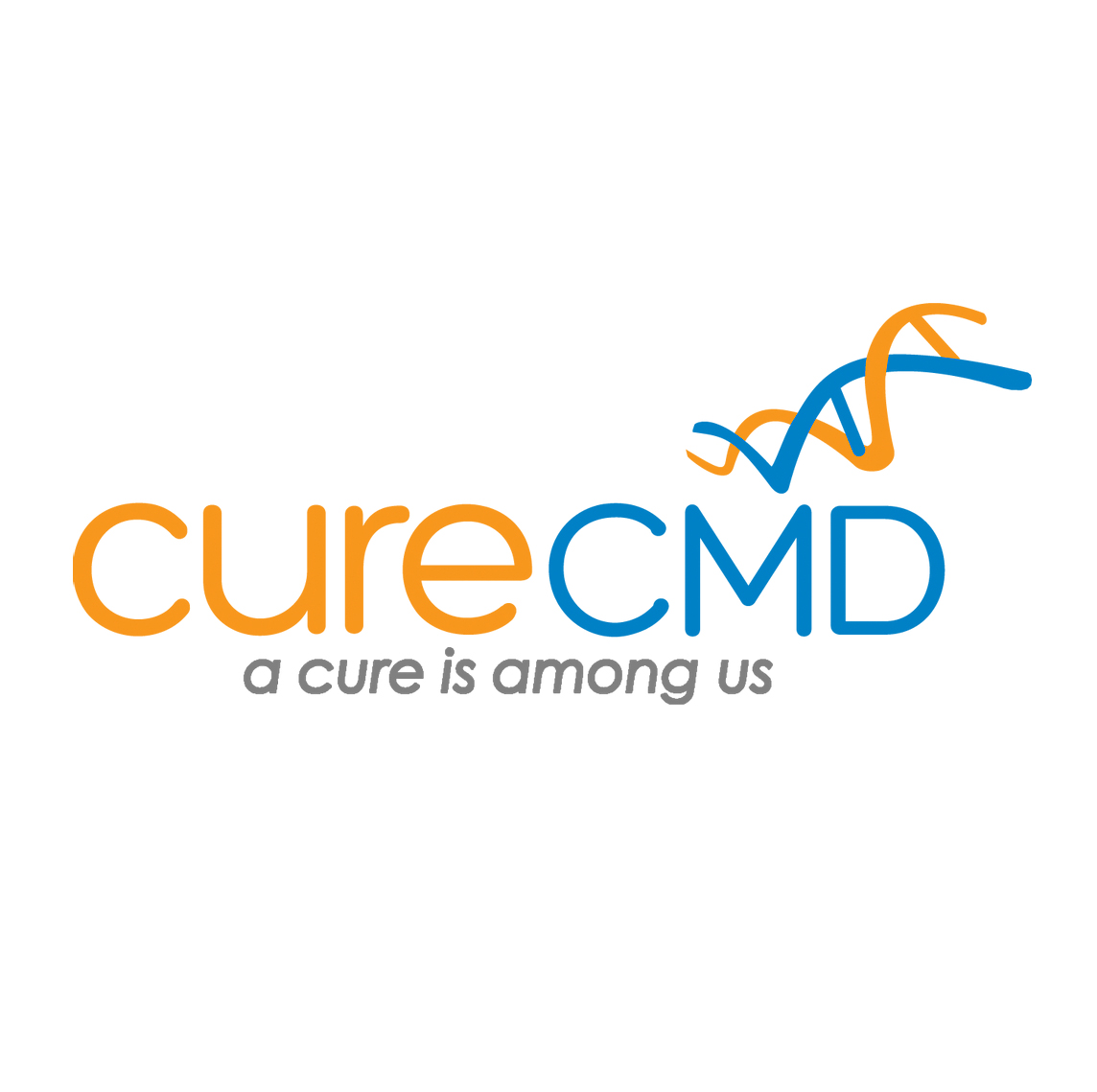France’s new LAMA2-CMD natural history study
LAMA2-France and Partners launch landmark LAMA2-CMD natural history study in France.
The first French natural history study focused on LAMA2-CMD is set to commence this September 2024. This study is the culmination of a dedicated two-year collaboration between LAMA2-France, AFM-Téléthon, and clinicians from the French FILNEMUS medical network. Sponsored by the Institute of Myology (Paris) and generously funded by AFM-Téléthon, this initiative represents a significant milestone in understanding and addressing this rare condition, which affects fewer than 200 patients in France.
Study Overview
Over two years, the study will recruit and assess 40 patients aged 2 to 15 years with LAMA2 gene mutations at four French pediatric centers in: Paris, Montpellier, Garches, and Lyon. Researchers will investigate various clinical parameters, including motor skills, cognitive abilities, pulmonary and cardiac functions, as well as X-ray and MRI imaging. Further study details can be found here.
Study Goals and Impact
The study aims to:
- Enhance Understanding: Provide deeper insights into how LAMA2-CMD progresses without treatment.
- Improve Patient Care: Use collected data to guide better management strategies.
- Generate Valuable Data: Support ongoing and future research to develop therapies.
- Prepare for Clinical Trials: Lay the groundwork for future therapeutic trials to improve patient outcomes.
Why Natural History Studies Matter?
A natural history study tracks the progression of a disease over time without intervention, offering a comprehensive view of how the condition develops and changes. This understanding is crucial for developing effective treatments and improving patient care. By documenting the natural course of LAMA2-CMD, this study will enhance patient care, support targeted treatment development, and provide the foundation for future clinical trials.
Prof. Susana Quijano-Roy, who helped set up the study, highlights, “While we don’t have clinical trials scheduled yet, significant therapeutic advancements in animal models show promise for human applications in the coming years.” Dr. Andreea Seferian, study coordinator and clinician at the Institute of Myology, adds, “This study will enhance our understanding of the disease, improve how we evaluate future treatments, and prepare patients for upcoming clinical trials.”






